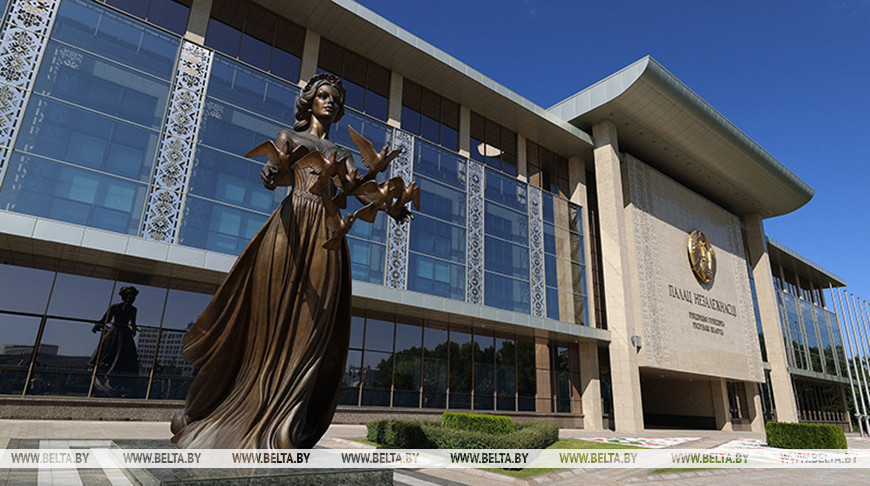
An archive photo
MINSK, 1 April (BelTA) – Belarusian President Aleksandr Lukashenko has signed a law on animal protection, BelTA learned from the press service of the Belarusian leader.
The document is aimed at protecting animals from cruel treatment, as well as ensuring the rights and legitimate interests of individuals and legal entities while treating animals.
In particular, the law introduces uniform rules for the treatment of animals (companion animals, laboratory animals, service animals and animals used in cultural activities and sports). It grants the government the right to determine the list of companion animals subject to registration and to determine the rules for keeping them at home. The law strengthens the requirements for keeping dangerous dog breeds (owners of such dogs will be required to take special courses and receive a certificate). The law bans companion animals (except for guide dogs) from entering food stores, healthcare and educational facilities, cultural facilities, and physical education and sports facilities. It restricts the sale of animals to minors. Kennels will be obliged to microchip dogs and cats that they sell. Owners of companion animals will have the right to have their pets microchipped.
The law provides for a mechanism to temporary restrict pet ownership rights and take away an animal from an owner who mistreats it, if mistreatment caused harm to the health of humans and animals or damage to property.
The law defines requirements for opening and running temporary accommodation facilities, shelters and hotels for animals. In particular, such facilities cannot operate in residential buildings. The law specifies rules of treatment and adoption of animals. The main provisions of the law will come into force on 1 January 2025.
The document is aimed at protecting animals from cruel treatment, as well as ensuring the rights and legitimate interests of individuals and legal entities while treating animals.
In particular, the law introduces uniform rules for the treatment of animals (companion animals, laboratory animals, service animals and animals used in cultural activities and sports). It grants the government the right to determine the list of companion animals subject to registration and to determine the rules for keeping them at home. The law strengthens the requirements for keeping dangerous dog breeds (owners of such dogs will be required to take special courses and receive a certificate). The law bans companion animals (except for guide dogs) from entering food stores, healthcare and educational facilities, cultural facilities, and physical education and sports facilities. It restricts the sale of animals to minors. Kennels will be obliged to microchip dogs and cats that they sell. Owners of companion animals will have the right to have their pets microchipped.
The law provides for a mechanism to temporary restrict pet ownership rights and take away an animal from an owner who mistreats it, if mistreatment caused harm to the health of humans and animals or damage to property.
The law defines requirements for opening and running temporary accommodation facilities, shelters and hotels for animals. In particular, such facilities cannot operate in residential buildings. The law specifies rules of treatment and adoption of animals. The main provisions of the law will come into force on 1 January 2025.













